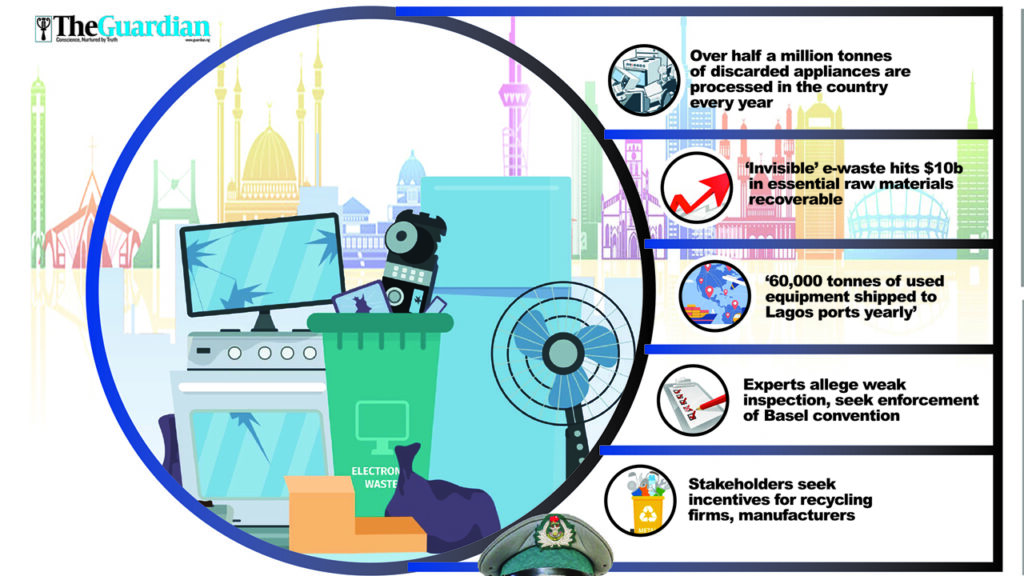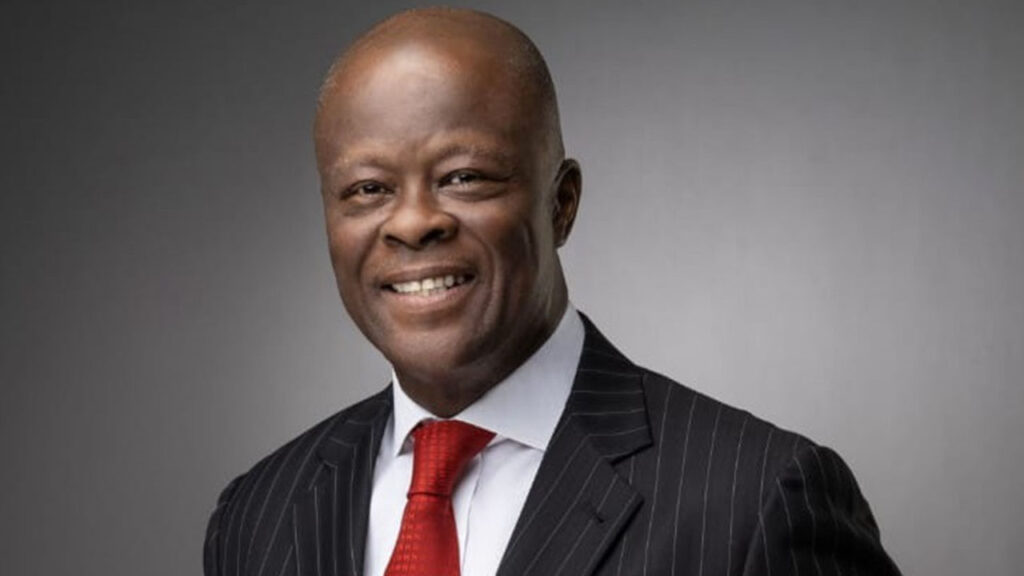
High quality employees are hard to come by in today’s day and age. The employee-favored market has come about in a response to a variety of economic and world situations. Most notably, the COVID-19 pandemic that swept across the world significantly impacted the dynamic between the workforce and employers. The great resignation is a term that many of us have heard over the past few years, and it largely refers to the massive workforce population that left the workforce in the immediate wake of the COVID-19 pandemic. Many of these working professionals left the workforce to either pursue self-employment through a startup venture, small business ownership, or freelancing, while many others decided to take the path of early retirement.
No matter why they left, a huge portion of the workforce was suddenly no longer available to employers. Further still, many other employees re-entered the job hunt as organizations closed down, or businesses refused to get on the remote-work-train during the peak of the pandemic. Now, because of these various factors, those who are on the job-market, come to openings with a few significant advantages.
First and foremost, smart organizations are realizing the value of flexibility in both scheduling, and working-environments. The remote workforce has proven itself viable, allows for higher levels of diversity within an organization, and even creates more efficient and effective workflows. Additionally, employers need to establish workplace cultures that prioritize diversity, equity, and inclusion, as well as fair and equitable compensation packages.
Once the internal culture is established in a positive and productive manner, then HR professionals and hiring managers can start to evaluate the modern candidates that come to them looking for work. The following will help organizations and hiring professionals identify top-tier talent immediately.
“A highly-qualified candidate who finds your job on a major job board will want to learn more about your company before committing to applying – after all, the most skilled workers can be picky about where they choose to work.”
– Desiree Echevarria, Author, CareerPlug –
Highly Recognizable Experience
When looking through your candidate pool for an open position within your organization, one of the first places you’re going to look will be the resume pile. Resumes are the natural place to start when filtering candidates for an open position, but you’ll want to keep notes on each person’s resume as you review it. If you come across a candidate whose resume highlights highly recognizable experience with high-quality brands that are household names, this is something you’ll want to take note of. If the organizations that the candidate has worked for before come with a reputation of having high standards, it’s likely this is a high-quality worker.
“Assuming you’re interviewing for a mid-level or even senior-level position, you’re going to want to pay special attention to the organizations and experiences that are listed previously. If the organizations are top-notch, that’s a very good sign.”
– Andrew Meyer, CEO, Arbor –
There are other things to look out for on a resume besides the names of the organizations, as well. For instance, it can be telling if the candidate is using a variety of buzzwords and keywords peppered throughout their resume. If they’ve highlighted specifically relevant duties and job-tasks in the past, or experiences that directly relate to the needs and expectations of the position, this can be an indication you’ve found a high quality candidate for your position.
“When evaluating experience presented on a resume, it’s always important to remember that it’s really just the first step. It doesn’t mean the information isn’t valuable, it’s just important to remember that it’s just a first step.”
– Matt Masiello, Chief Marketing Officer, Baby Buddha –
Command of Industry Knowledge
Sometimes being the right candidate for the job is about having a better understanding of the industry and the field than anyone else, even the hiring manager in some cases. When a candidate or interviewee shows a strong and decisive command over the industry it should peak the interviewers interest and attention immediately. There are two different ways that industry knowledge can be thrown into a candidate’s conversation, too.
The first, and most recognizable is a forced use of words, jargon, and phrasing that feels unnatural and rehearsed.
“Prepare beforehand, but avoid overly rehearsed answers. You don’t want to come off as robotic or like you’re giving a Powerpoint presentation. Employers love to look out for a personality that will fit their culture, so just be yourself.”
– Alex Novak, CEO, SLR –
The second way that industry knowledge can be displayed during the course of an interview is through natural knowledge that has come from experience, education, and practice. When industry knowledge is displayed in this light, it’s a clear indication that the candidate isn’t rehearsed, but rather an experienced professional with a strong sense of direction in that industry.
“Try to hire people you can learn from. When someone is able to continually speak with confidence, knowledge, and proper industry jargon, too – that’s a clear indication to that you want that person on your team.”
– Max Schwartzapfel, CMO, Fighting For You –
Strong Referrals
One of the biggest tells in the hiring industry is the personal referrals. If a candidate has a strong set of referrals that are relevant to the industry and the open position, this is an almost sure-fire guarantee that they’ll be a high-quality candidate for your organization as well. While candidates are unlikely to give professional or personal references that would paint them in a negative light, if their references have nothing but good things to say about them, have worked with them recently, and are industry-relevant, they will often be the best source of truth regarding that candidates working professionalism and quality.
“No one is going to put a poor reference on their resume, but do pay attention to the tone of voice of the referrals. If the person is genuine and authentic about voguing for a candidate, that goes further than a canned-answer.”
– Asker A Ahmed, Director, iProcess Global Research –
Having strong referrals is not only a good way to get a testament for your work ethic and levels of productivity, but it can also be an excellent way to gain insight into one’s personality, and how they respond to certain situations, or under stress.
“Someone could have an all-around stellar recommendation or referral, but if they inform you that the person doesn’t handle high-pressure-situations with ease and grace, that should be a deterrent. Every job has pressure, and it’s important to have employees that can handle it.”
– Chris Thompson, CEO, Sober Sidekick –
Level of Engagement
When interviewing candidates for a role in your organization, it can pay dividends in the long run to pay attention to how engaged that person is. Engagement levels should be tracked and monitored throughout the entire interview process. The more engaged a candidate is, the more likely they’ll be willing to learn, collaborate with team members, and take feedback.
“There’s a lot of value in employee engagement. Especially in the remote and digital workforce that exists today. If you have a highly engaged candidate come across your desk you should find a place for them in your organization, even if it isn’t the role they’re initially interviewing for.”
– Mary Kay Bitton, Head of Product Innovation, FLO Vitamins –
Candidates who ask questions, keep the natural conversation flowing, and give thoughtful and valuable responses to interview questions are displaying a high level of interest in the role, and this alone should attract the attention of hiring managers.
“It’s important to realize that enthusiasm isn’t something that can be taught, whereas job-skills are almost always learnable. If you have someone who is eager to learn, teach them, and you’ll be amazed to see how far they go.”
– Andrew Chen, Chief Product Officer, Videeo –
When a Candidate Knows Their Worth
A tell-tale sign of a high-quality candidate is one who knows their worth. If a candidate is confident enough to ask for a high-value compensation package, it’s typically because they’ve done their market research, have evaluated their current level of experience, and have the confidence to know that they’re making a reasonable ask in the grand scheme of things.
“It isn’t a hiring manager’s money being spent, so if a candidate comes in with a number that’s too high, there’s nothing wrong with that. In fact, that should earn them respect.”
– Monte Deere, CEO, Kizik –
High value candidates don’t have any issue asking their employers to compensate them fairly. If their work quality and experience justifies a certain rate, that rate should be paid.
“Fair and equitable compensation is so important to a healthy, productive, and professional workplace in the modern day and age. You won’t get very far at all without making fair and competitive compensation a priority.”
– Michael Baghoomian, CEO, Muscle MX –
A few Final Words on Identifying Talent
Talent comes from all over the globe in today’s highly digital, remote, and global workforce. Knowing how to identify these green flags in candidates can help you hire the highest quality talent time and time again.
“Extraordinary candidates persevere in the face of challenges. Companies must be able to forecast how a candidate would react in challenging or demanding situations. Surprisingly, many planned and unstructured interviews allow candidates to express how they react in a stressful or tense environment, and they prioritize opinion above objectivity and workforce statistics.”












